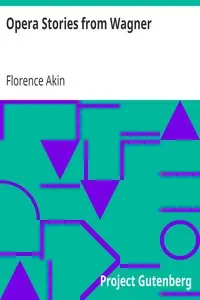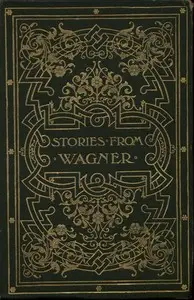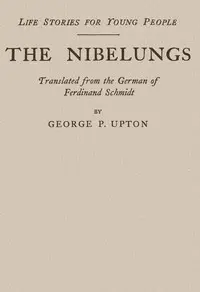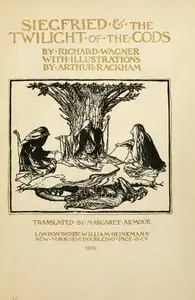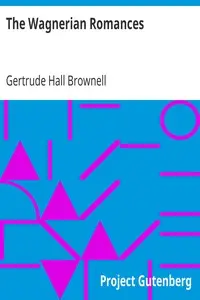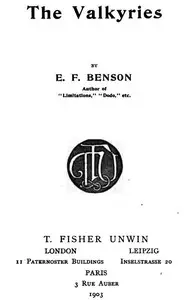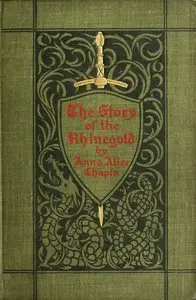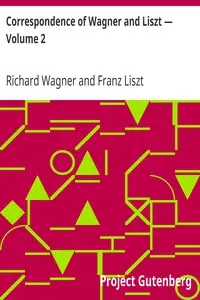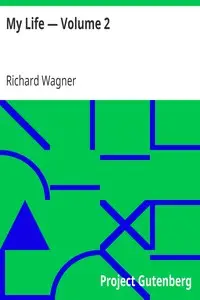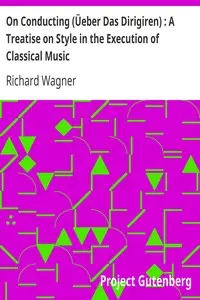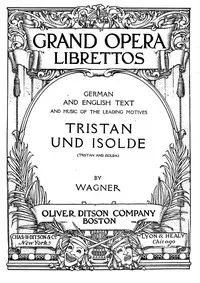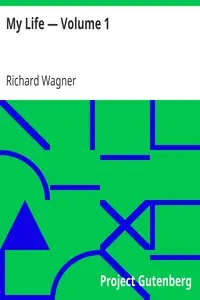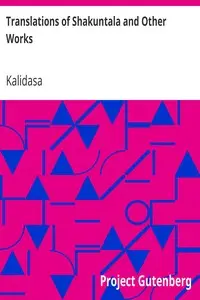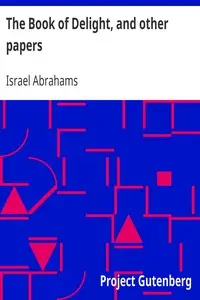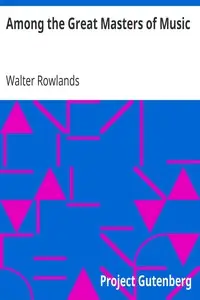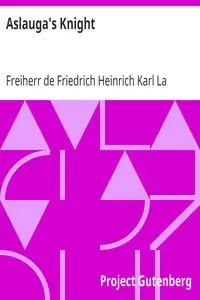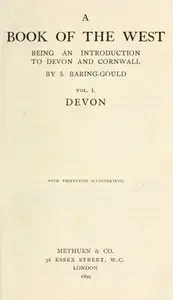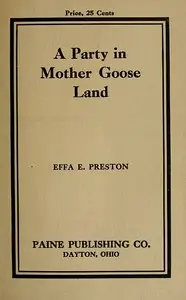"The Rhinegold & The Valkyrie" by Richard Wagner is an opera that starts with a dwarf named Alberich stealing gold from the Rhine-Maidens, which he uses to make a mighty ring and curse love. Later, Wotan, the leader of the gods, finds himself in trouble because he promised the goddess Freia to giants in return for building Valhalla. Facing tough choices and moral struggles, Wotan has to deal with the consequences of his choices, setting up a huge conflict between gods, giants, and dwarfs over power and the meaning of oaths. The story explores themes of love, greed, and the fight for control as the gods and other mythical characters begin a dramatic struggle for power and love unfolds across the mythical world.
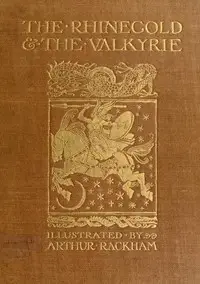
The Rhinegold & The Valkyrie The Ring of the Niblung, part 1
By Richard Wagner
When a gold treasure is stolen and a god struggles with his promises, the world is set on edge toward betrayal and battle.
Summary
About the AuthorWilhelm Richard Wagner was a German composer, theatre director, polemicist, and conductor who is chiefly known for his operas. Unlike most opera composers, Wagner wrote both the libretto and the music for each of his stage works. Initially establishing his reputation as a composer of works in the romantic vein of Carl Maria von Weber and Giacomo Meyerbeer, Wagner revolutionised opera through his concept of the Gesamtkunstwerk, by which he sought to synthesise the poetic, visual, musical and dramatic arts, with music subsidiary to drama. He described this vision in a series of essays published between 1849 and 1852. Wagner realised these ideas most fully in the first half of the four-opera cycle Der Ring des Nibelungen.
Wilhelm Richard Wagner was a German composer, theatre director, polemicist, and conductor who is chiefly known for his operas. Unlike most opera composers, Wagner wrote both the libretto and the music for each of his stage works. Initially establishing his reputation as a composer of works in the romantic vein of Carl Maria von Weber and Giacomo Meyerbeer, Wagner revolutionised opera through his concept of the Gesamtkunstwerk, by which he sought to synthesise the poetic, visual, musical and dramatic arts, with music subsidiary to drama. He described this vision in a series of essays published between 1849 and 1852. Wagner realised these ideas most fully in the first half of the four-opera cycle Der Ring des Nibelungen.

